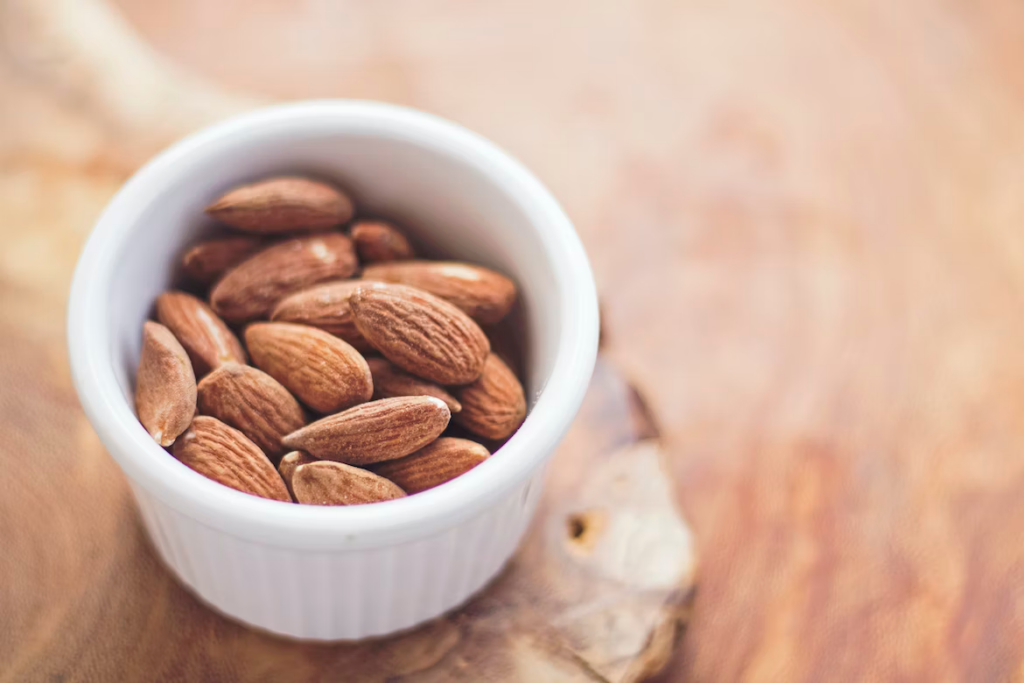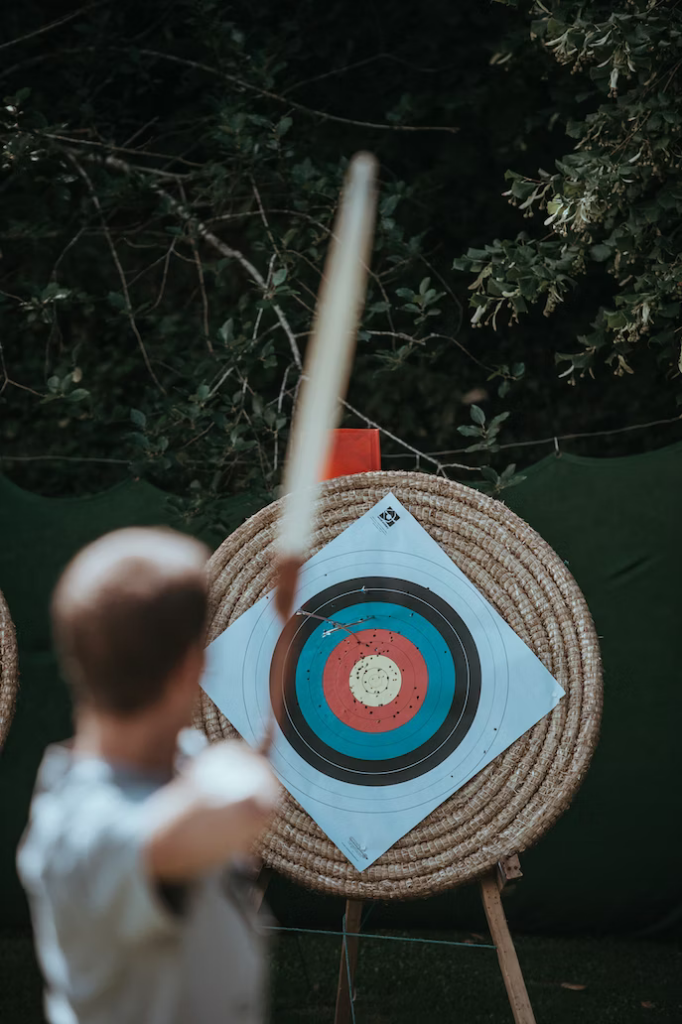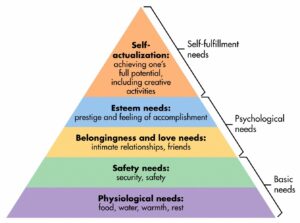Introduction
How would you handle life without grocery stores existing? What steps would you take to get food? This article will cover some neat steps you can take to get ready for a situation like that.
Stockpiling
Stockpiling is collecting and storing items for future use. Important items to stockpile are non-perishable food, water, cooking tools, and medical supplies. It’s also useful to know how to hunt, fish, and set traps.
Be discrete about your stockpiles and be prepared to defend it. If things go wrong, move to a new location that has food.
Stocking Food & Water
Stockpiling food and water can be done right now. You’ll keep it in case of emergencies. You can do this gradually over time so that you’re not overwhelmed by doing it all in one go.
Save Seeds
In order to grow vegetables and plants, you’ll need seeds. As a result, make a habit of savings seeds from fruit & vegetables. You will use this to plant and grow new vegetables later on. Not only will you be able to grow food, but you’ll likely be able to barter and trade with them.
Water Purification
The average person can only survive three days without water. This is one of the absolute most important skills you’ll need. Click here to learn how to purify your water to make it safe to drink.
Collecting Rainwater
An effective way to gather water is by using a flat surface to funnel water into storage containers. However, you must filter and purify the water as debris from your roof will cause mold after storage. Here’s a list of tools that are perfect for collecting rain water:
- tarps
- upside down umbrellas
- plastic bags & sheets
- rubber bed sheets
Non-Perishable Foods

Non-perishable foods can be kept for a long time without going bad or becoming unsafe to eat. Here’s a list of excellent non-perishables that can feed you when the food runs out:
- dry cereal & granola
- ready-to-eat meals
- canned meats, vegetables, juices, and fruits
- fruit & protein bars
- sweet snacks and comfort foods
- dried fruits
- peanut butter
- energy bars
- protein bars
- baby formula
- pasteurized milk
Storing Food & Water

It is best to store food & water in airtight containers that are off of the ground. This prevents moisture from ruining it. Ideally, you want to keep things as dry as possible. Canning is another great way to store food. Canning is the process of storing food at room temperature in airtight containers, such as Mason jars. Also, be sure to keep food in waterproof bags or containers. This protects it from contaminated fluid from a natural disaster, such as a flood. It also makes the food and water last longer. Not doing this exposes you to bodily harm.
Trapping & Fishing
Trapping and fishing is a great way to catch small game and fish for meat. Fishing takes a lot of time and should not be your go-to method for finding food. On the other hand, trapping requires little energy and is great for catching small game.
Fishing
Fishing may not be a practical, primary option for hunting. It takes a lot of time that you may not have. In addition, it’s not feasible in situations where water supply runs dry or the water becomes contaminated or poisoned. Here are some essential items for fishing:
- fishing line
- nets
- crab traps
- bait
- lures
- fishing pole
- reel
- hooks
- weights
- bobbers
- swivels
Trapping or Snaring
Trapping is the best hunting technique. It’s the use of a device to remotely catch an animal. It requires little energy to pull off. Your best bet is small game, as it’s straight forward and highly effective. Some examples of traps are:
- drawing snare
- cage traps
- treadle snare
- peg snare
- fixed snare
- bait stitch snares
- motion trigger snare

Protection
Common forms of protection are firearms or archery bows. The most sustainable one is archery bows because you can take your arrows back after shooting them. Firearms are more accurate and have longer range. These can be used to fend off thieves and robbers, as even your best friends may end up becoming ones themselves. For this reason, it’s best to never reveal your supplies and to keep them in a safe location.
Archery Bows
Archery bows are a bow and arrow. It has a shorter range and requires more skill to hunt with it. Items needed for a bow are:
- arrows
- release
- broad heads
- strings
- sights
- arrow rests
- rangefinder
Firearms
Firearms are another great tool for hunting with. They’re far more accurate and have a much longer range than bows. They do suffer from rust or malfunction if they aren’t cleaned. On top of that, it’s best to use them sparingly as ammo is quite expensive.
First Aid
First aid kits are great for treating illness, wounds, or other medical issues. In addition, a good medicine cabinet can also be incredibly useful during a famine. Some must-have items for your first aid kit are:
- splints
- bandages
- tape
- gauze pads
- tourniquet
- masks
- gloves
- eye protection
- soap
- hand sanitizer
- shears

When to Relocate
A good time to relocate from your position is when your garden’s dried up or your food has run out. Good locations to move to are those where your family is or a spot with food that can sustain you and your family.
Summary
In short, to get ahead in a world without groceries it’s best to stockpile supplies beginning as soon as you can and gradually doing it. Moreover, learn to grow your own food by gardening. An additional way to get more food is through fishing, hunting, and trapping. This becomes more effective by starting ahead of time.


